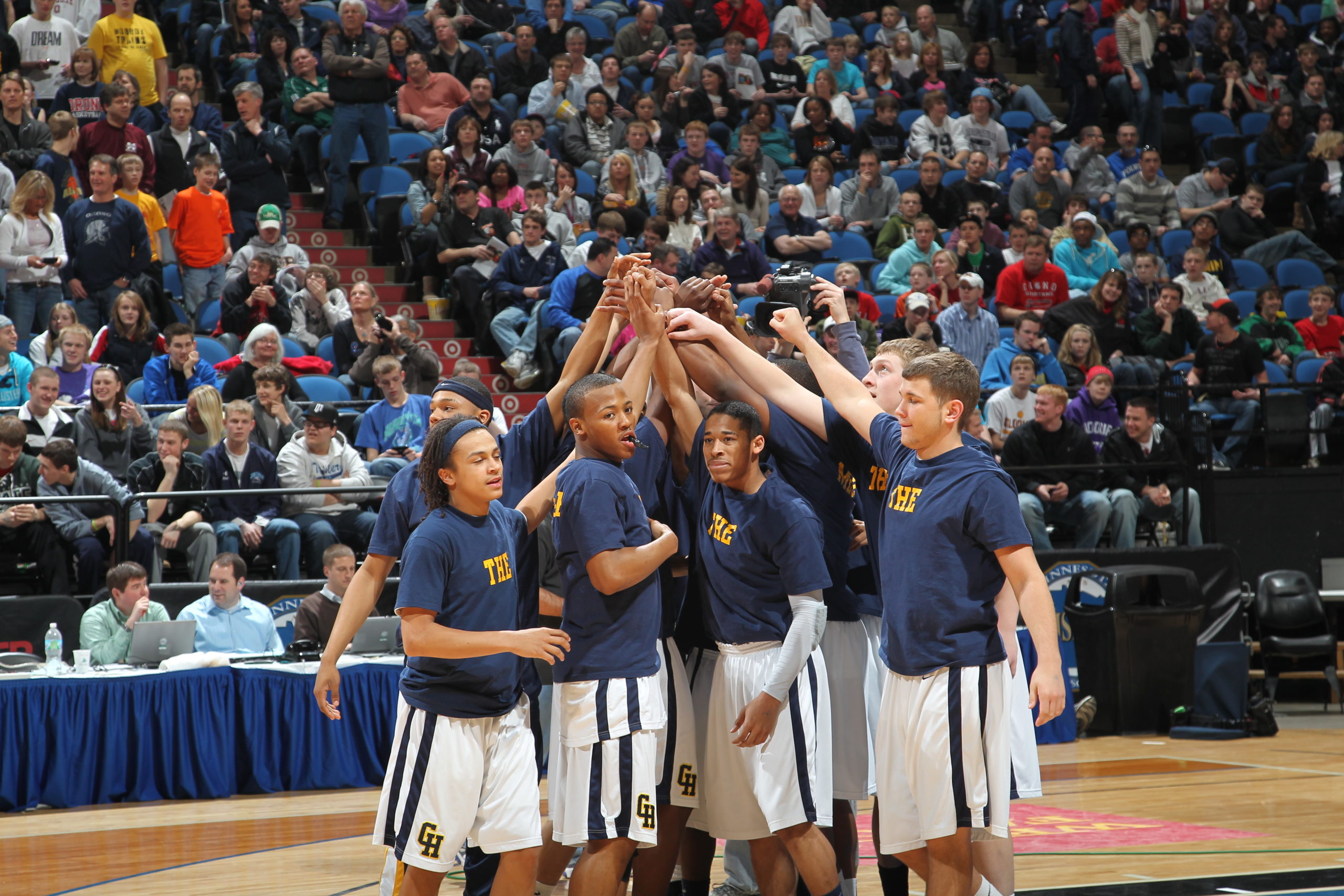
I am all for life lessons, but can we still win games?
Whenever someone starts discussing team-building activities, many cynical coaches will roll their eyes and mutter under their breath that this “character stuff” is only for teams who are not serious about winning. The reality is nothing could be further from the truth. As Joe and Jody have shared countless times with coaches, “When players play for each other and play with valued performance and moral character, they will accomplish things they could not do otherwise.” In the simplest of terms, when athletes play for a greater purpose beyond the scoreboard, they will run through a wall for their team and as a result, perform at a level beyond what they ever dreamed possible. At a very minimum, teaching character goes hand in hand with reaching goals.
As education-based coaches and administrators, we have a higher calling to focus on human growth and development over simply the achievement of a goal. We know from research that 97% of all student-athletes will have a terminal athletic experience with an education-based coach and will never participate in organized athletics beyond high school. So if we do not teach them life lessons, who will? What a lost opportunity. The University of Idaho Center of Ethics conducted a longitudinal study and identified a moral character crisis based on the fact that the longer someone participates in athletics the more negatively affected their moral reasoning becomes. Again, if we do not teach them character, who will?
The unfortunate myth and belief of many coaches today is that sports themselves build character. The simple reality is sports do not build character, coaches do. So the reflective questions at the end of each practice, contest or season are: What did you teach your athletes? What did they learn? If the only answer to that question is a skill for the game, then a major opportunity has been lost.
One of the simplest and easiest ways to convince a coach of why it is so important to intentionally teach character through their sport on a daily basis is to ask them, “Do you like to win?” I have never met a coach who has answered that question with a “no.” Coaches and athletes are competitive by nature so we need to capture that feeling and use it for a greater good. This is where a clear understanding of the difference between being a transactional coach and a transformational coach becomes very important. This continuum stretches from being motivated for your own self-interest in the win on one end to being motivated by the human development of others on the other end.
The transactional coach spends much of their time focused more on the win than the life lesson and the reality is if they really wanted to win more they would focus on building into their players. No one is perfect, but the challenge is to be more intentional about being transformational. Each of us in athletics deals with many “transactions” on a daily basis from the kid who misses practice, to the bus that doesn’t show up to the ref that makes a bad call to the email from a parent regarding playing time. The challenge is how will we deal with those transactions? Will we be transactional or transformational? As I shared above, none of us is perfect in the handling of these situations, but the goal is to spend the majority of the time being transformational. A great reminder in this area is to ask yourself, “where do you live and where do you visit?”
Finally, keep in mind that character development is the highest value and most enduring impact we can possibly make in athletics. Those life lessons will make the world a better place, but for those still focused on winning that next game…the research supports that a focus on character has a better chance of getting you that next win more than one more rep on the blocking sled or jumper from the corner ever will.
